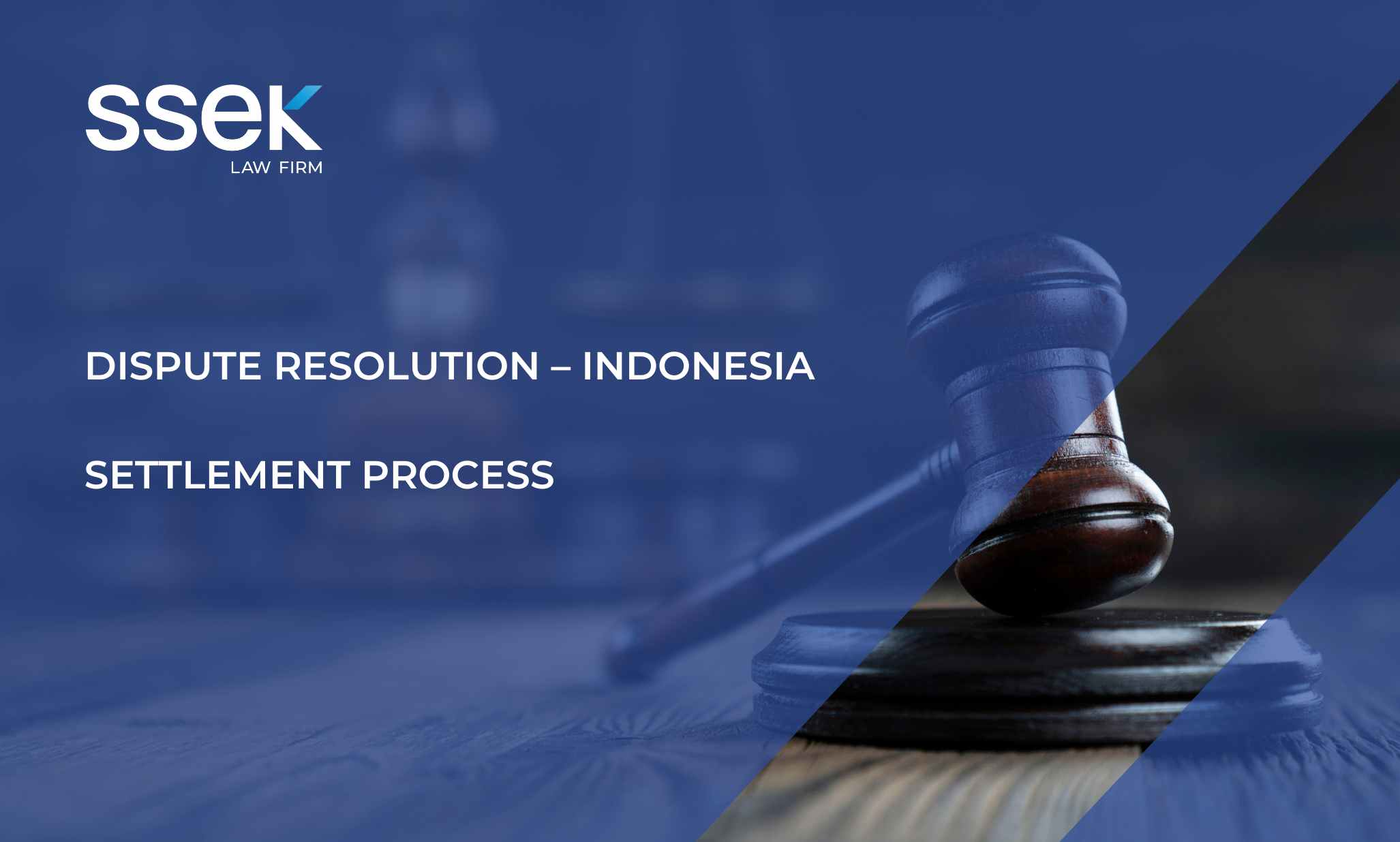

In a landmark decision on June 20, 2013, the West Jakarta District Court annulled a Loan Agreement entered into between a local borrower and an offshore lender because it was executed in English only. The decision is not controversial in our view since all agreements entered into by an Indonesian party with a foreign party must be executed in the Indonesian language or in a bilingual format, and the subject Loan Agreement was expressly governed by Indonesian law. Quite rightly, the court ordered the borrower to return the loan funds to the lender. However, the case is important for various reasons.
Background
Under Article 31 of Law No. 24 of 2009 regarding Flag, Language, National Emblem and Anthem (the "Language Law"), the Indonesian language, or a bilingual format, must be used in an MOU or agreement that involves government institutions of Indonesia, Indonesian private institutions (e.g., companies) or Indonesian citizens.
The plaintiff in the case at the West Jakarta District Court argued that the Loan Agreement violated the Language Law and therefore did not fulfill the requirements of a valid agreement under Article 1320 of the Indonesian Civil Code. The Court agreed.
Significance of the Decision
The decision is a wake-up call. It is the first time the courts have annulled an agreement under the Language Law. Some practitioners had been hoping that Article 31 did not yet apply since the implementing regulation contemplated by Article 40 of the Language Law has not yet been issued. The decision also clarifies that annulment is the remedy whereas the Language Law itself does not expressly indicate the consequence of violating Article 31.
Key Outstanding Matters
First, the Ministry of Law and Human Rights issued a policy statement in December 2009 clarifying, inter alia, that if parties execute an agreement in a bilingual format, they may agree that the foreign language version prevails in the event of a conflict or inconsistency between the two language versions. The Language Law itself is silent on this issue and whether the courts will enforce such a provision remains to be seen. We would expect an Indonesian court to rely upon the Indonesian version in any event since that is the language with which it is familiar.
As a practical matter, it therefore will be necessary to convince the court that an inconsistency exists and to enforce the English version, and thus care should be taken to ensure that the Indonesian version is as accurate a translation of the English version as possible.
Second, it is arguable that the Indonesian Language Law requirement does not apply if the parties have made a valid choice of a foreign law to govern their contract. For example, why would the Indonesian Language Law requirement apply if the parties have validly chosen the laws of another country to govern the contract?
Under Indonesian choice of laws rules, the Indonesian courts should enforce a contract governed by the laws of a foreign jurisdiction provided that there is a sufficient nexus between the parties or place of performance and the jurisdiction of the chosen governing law, and provided that doing so would not violate Indonesian public policy or order. However, because the Indonesian courts may view the Language Law as a public policy requirement to protect Indonesians, whether the Indonesian courts will impose an Indonesian language requirement despite an otherwise valid choice of a foreign law remains to be seen.
And finally, we note that the above-noted West Jakarta District Court decision is under appeal.
Takeaway
All contracts governed by Indonesian law involving Indonesian legal entities and citizens must be executed in the Indonesian language, and if involving a foreign party, may be executed in a bilingual format. Until the Indonesian courts rule otherwise, contracting parties may provide that the English version prevails in the event of conflict but they should be aware that the courts may determine the Indonesian version prevails as a matter of public policy. Contracting parties should make sure that the Indonesian version is as perfect a translation as possible anyway since the Indonesian courts will almost certainly make their initial interpretation based on the Indonesian wording.
For a contract governed by a foreign law, the parties should seriously consider executing it in a bilingual format since the Indonesian courts may conclude the contract must at least include an Indonesian-language version as a matter of public policy. In any case, if there is any chance of litigation in the Indonesian courts, the contract will have to be translated in order to be introduced into evidence in the Indonesian courts and it would be better to have a contractually agreed translation before a dispute arises.
About SSEK
SSEK is a leading full-service corporate and commercial law firm based in Jakarta, Indonesia. Since its founding in 1992, SSEK has grown to one of the largest and most highly regarded corporate law firms in Indonesia. SSEK is recognized by independent legal directories including Chambers & Partners, The Legal 500 and Asia Law as a leading law firm in Indonesia across all major practice areas including banking and finance, capital markets, corporate law and mergers and acquisitions, construction and real estates, energy and natural resources, IT and telecommunications, labor and employment, project finance, restructuring and insolvency, and shipping.
This publication is intended for informational purposes only and does not constitute legal advice. Any reliance on the material contained herein is at the user's own risk. You should contact a lawyer in your jurisdiction if you require legal advice. All SSEK publications are copyrighted and may not be reproduced without the express written consent of SSEK.









